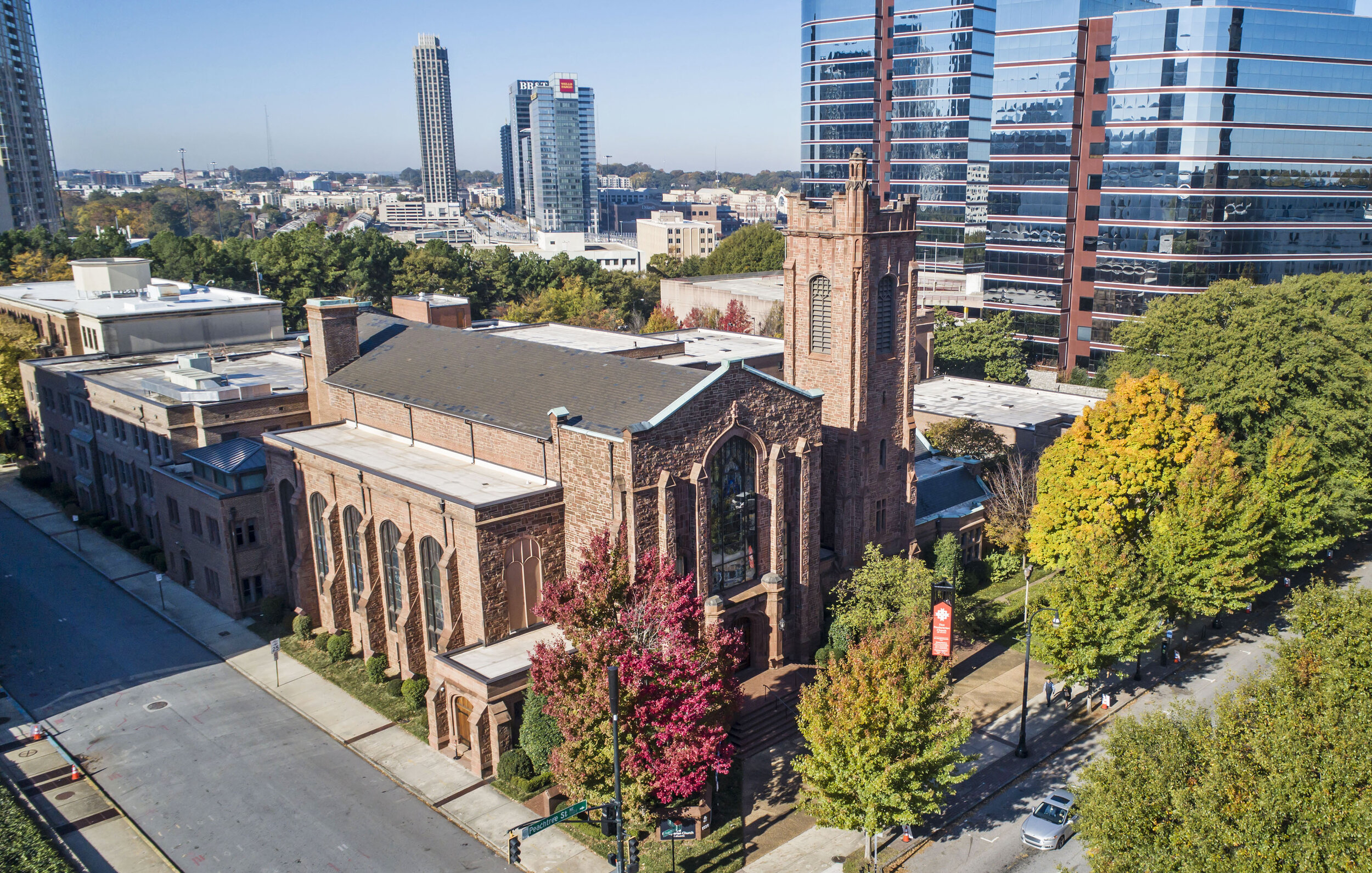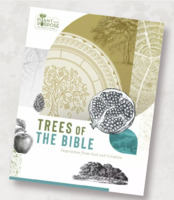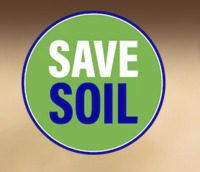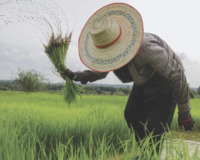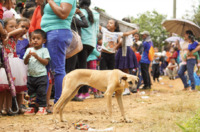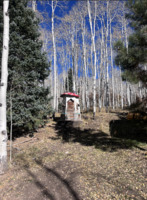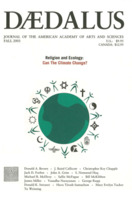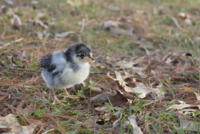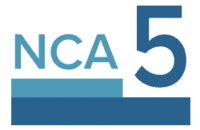Search
97 items
-
Zoom Events: Greening the Bible
The goal of this short course is to read the Bible afresh: to reinterpret texts of terror (for other creatures) and to reclaim passages that show the importance and agency of nonhuman persons. It is intended as a tool for forming earth-inclusive Christians. -
ECHO Global Farm
ECHO introduces sustainable plants, climate-resilient techniques, and technologies to farmers around the world who are struggling to feed their families.
Through partnering with local NGOs, farmers, volunteers, and missionaries, ECHO is able to be efficient with their resources in providing aid where it's needed the most.
Empty bellies and empty hearts lead to pain and suffering for individuals, families, and communities across the world. ECHO believes that as active participants in the Great Commission and stewards of great agricultural knowledge, it is their duty to grow and make disciples. -
Profile: EquaSion (Equality, Spirituality, Inclusion)
EquaSion, formerly known as the Bridges of Faith Trialogue, is a non-partisan civic organization founded upon interfaith dialogue that works to develop educational and community service programming to foster greater understanding, respect, compassion, inclusion, and engagement for all people and faith communities in Greater Cincinnati and beyond. -
Sustainable Consumption Research and Action Initiative (SCORAI)
The Sustainable Consumption Research and Action Initiative (SCORAI) is a knowledge network of professionals working at the interface of material consumption, human well-being, and technological and cultural change. We aim to foster a transition beyond the currently dominant consumer society. SCORAI provides a forum for scholars and practitioners striving to understand the drivers of the consumerist economy in affluent technological societies; to formulate and analyze options for post-consumerist lifestyles, social institutions, and economic systems; and to provide the knowledge for emergent grassroots innovations, social movements, and public policies. -
Catholic Social Teaching and Humane Education
"A discussion surrounding the challenges educators, parents, and supporters of animal welfare face in teaching compassion to children.
This event will be held at Fordham Lincoln Center (113 W 60th Street, Manhattan, NY, 10023) for in person folks, with a Zoom option. Specific room information or a Zoom link will be sent out the week prior to the conference." -
Trees of the Bible
"What does the Bible have to say about trees?
A lot, actually. In this guide, we explore nine trees of significance in Scripture to better understand the context of the passages and our relationship with the Creator (of trees and people)." -
Nativities and the Natural World
Housed at the University of Dayton Roesch Library Building, this exhibit is available Nov. 20, 2023 through Jan. 12, 2024.
"Explore the intersection of Christmas and nature through the Marian Library’s Nativity sets, artwork and more. In this exhibit, artists incorporate plants and animals from around the world into the Christmas story. Gourds, straw, wood, mother-of-pearl and beeswax are among the materials used to create Nativity sets that reflect the natural world in which Christ was born." -
The Clan of One-Breasted Women
In this excerpt, Terry Tempest Williams reflects on her family's long-running history of developing cancer that traces from nuclear testing in Nevada. Williams emphasizes her experience of coming to terms with deviating from Mormon norms if it means advocating for the U.S. government to take responsibility for liabilities regarding human health. Williams decides blind obediance will not get her anywhere, and she needs to start asking questions. -
Save Soil
This resource details a campaign to improve soil practices to be more sustainable through building up consciousness. The leader of this movement is Sadhguru, a spiritual leader. Sadhguru advocates for connecting inner spiritual processes to an affinity for nature. This is an international organization that started in Tamil Nadu, India. -
Roots for Change
"'Roots for Change' is the culmination of a multi-year process in which CEE conducted research, hosted grassroots dialogues, and organized high-level consultations with communities across the globe. This initiative engaged diverse groups—including religious, spiritual and Indigenous communities—in conversations with UN partners, advocacy organizations and local government officials. By highlighting the ways cultural and spiritual traditions support and sustain ecosystem restoration projects, these consultations informed the 10 principles. ..." -
Field of Milkweeds
"Field of milkweeds remind us of the essential role of native plants and pollinators''. Taken by Karima Samadi. Submitted to the Sustainability Photo Contest. -
A Stray Dog in Honduras
"A stray dog in Honduras. I took this photo during a medical brigade trip to Honduras. The dog is standing infront of a line of people waiting for medical attention. Our team was able to provide car to over 1,000 local individuals. The members of these less fortunate communities work hard to live a sustainable lifestyle without the items we take for granted on a daily basis. I care about this subject because the trip was eye opening experience for me."
Taken by Nate Landever. Submitted to the Sustainability Photo Contest. -
Compostable
"A compostable outhouse made from recycled/reused wood and aluminum, built with tools fueled by solar and biodiesel." Taken by Ashley Murphy. Submitted to the RESTORExchange Sustainability Photo Contest. -
Envisioning the Daoist Body in the Economy of Cosmic Power
"From a sociological perspective, religious traditions represent and construct the collective values and systems of meaning of human societies. As such, religious traditions influence the way their adherents interpret their experience of the world and, consequently, influence their actions upon it. Religious ideologies, however, are themselves always in medias res. Even though their adherents may uphold an eternal vision of archaic principles handed down from the gods, in actuality this vision is continuously renegotiated and reconstructed in conversation with the changing demands of historical and cultural context." -
Backpackers
"Backpackers hike through green woods in this peaceful mountain setting, with a soft gray sky overhead. Cows graze in the area nearby, blending in perfectly with the quiet surroundings. This harmonious existence is a representation of sustainable life, in which people and animals coexist on the land with appreciation and respect. We guarantee the protection of this natural sanctuary so that future generations can continue to appreciate its unspoiled beauty through ethical exploration and efforts to conserve." Taken by Eszter Horompoli-Toth. Submitted to the RESTORExchange Sustainability Photo Contest. -
My Flock
"Pictured is a chick I am raising for my flock. The chickens are raised with sustainable feeding methods, including grazing for worms, bugs, and plants outside. Their waste is used as fertilizer for my summer garden!" Taken by Reily Jacobs Bell. Submitted to the RESTORExchange Sustainability Photo Contest. -
Green 💚
"Green 💚". Taken by Mohamed Ibrahim. Submitted to the RESTORExchange Sustainability Photo Contest. -
Monarch Caterpillars
"Monarch caterpillars eating native milkweed at the UAB Solar House. These caterpillars were put on milkweed surrounding the Solar House to help the Monarch butterfly population. This photo is important becuase it shows that if we want to support our native species we need to plant native host plants. The UAB Solar House has native plants in abundance to show the public that if you plant natives then the native species will come!" Taken by Emily Colpack. Submitted to the RESTORExchange Sustainability Photo Contest. -
Mother Giraffe
"Mother giraffe walking through rhino sanctuary in Laikipia, Kenya". Taken by Kayla Geller. Submitted to the RESTORExchange Sustainability Photo Contest. -
Fifth National Climate Assestment, Chapter 16: Tribes and Indigenous Peoples
In this chapter of the Fifth National Climate Assessment, the NOAA outlines and describes three key messages regarding the relationship between Native communities in the U.S and our changing environment. This report goes over how Indigenous peoples face a high risk of changing livelihoods due to climate change and environmental injustice, and how they are responding to these threats. The report also explains the nature of their resilience to such change and how Indigenous leadership can guide our response to climate change. -
From Egoism to Ecoism: Psychedelics Increase Nature Relatedness in a State-Mediated and Context-Dependent Manner
This article describes the correlations between psychedelic use and nature relatedness. The surveyors used questionnaires 1 week before, 2 weeks after, 4, and 2 years after the dose given. They concluded that due to the consistent positive affects on the subjects, the use of psychedelic treatment bears relevance on mental and planetary health. -
El Niño caused the greatest ever mass extinction
This article describes new updated research that shows the weather event El Niño has led to the worst mass extinction. El Niño causes the ocean to become warmer all leading back to climate change. Marine ecosystems and terrestrials are suffering greatly because of volcanic eruptions occurring. Mass extinctions are very damaging and mess up multiple ecosystems causing more destructiveness than we realize.

